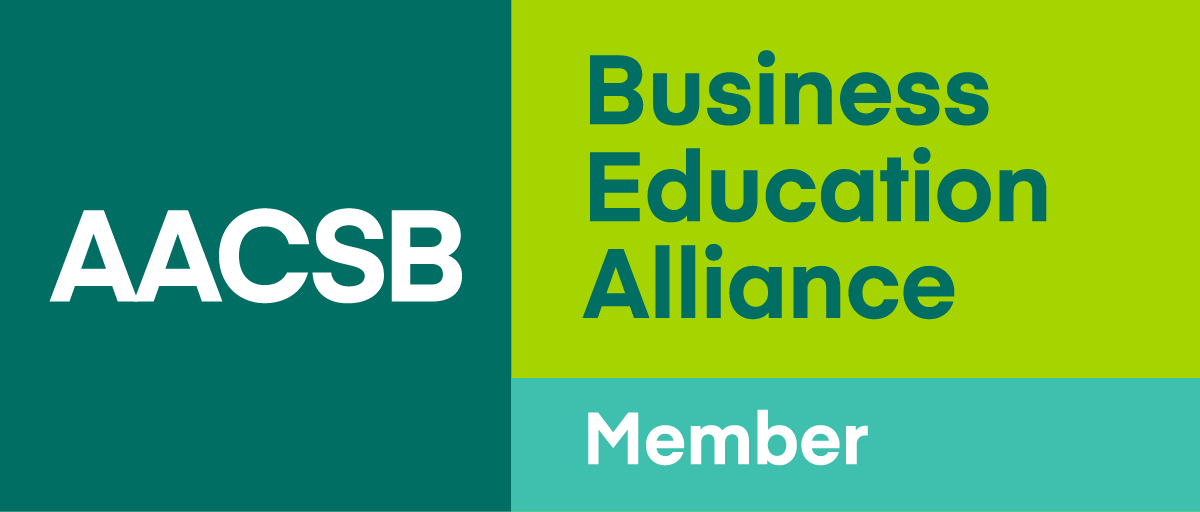[CM USR] From Campus to Community: Interdisciplinary Dialogue Explores Local Revitalization and Talent Development
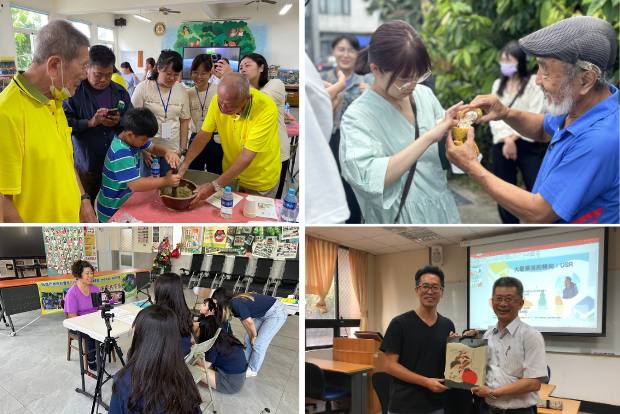
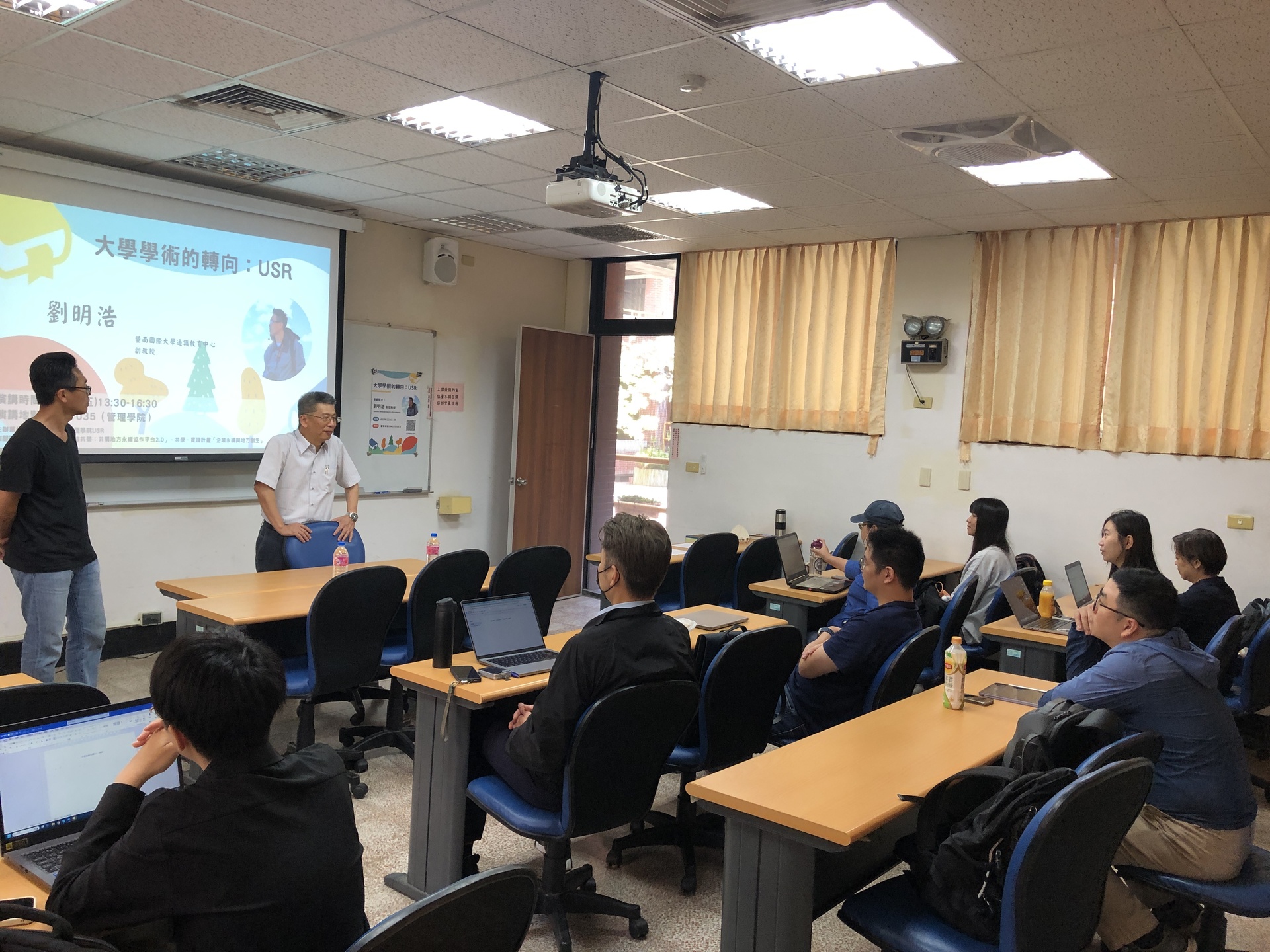
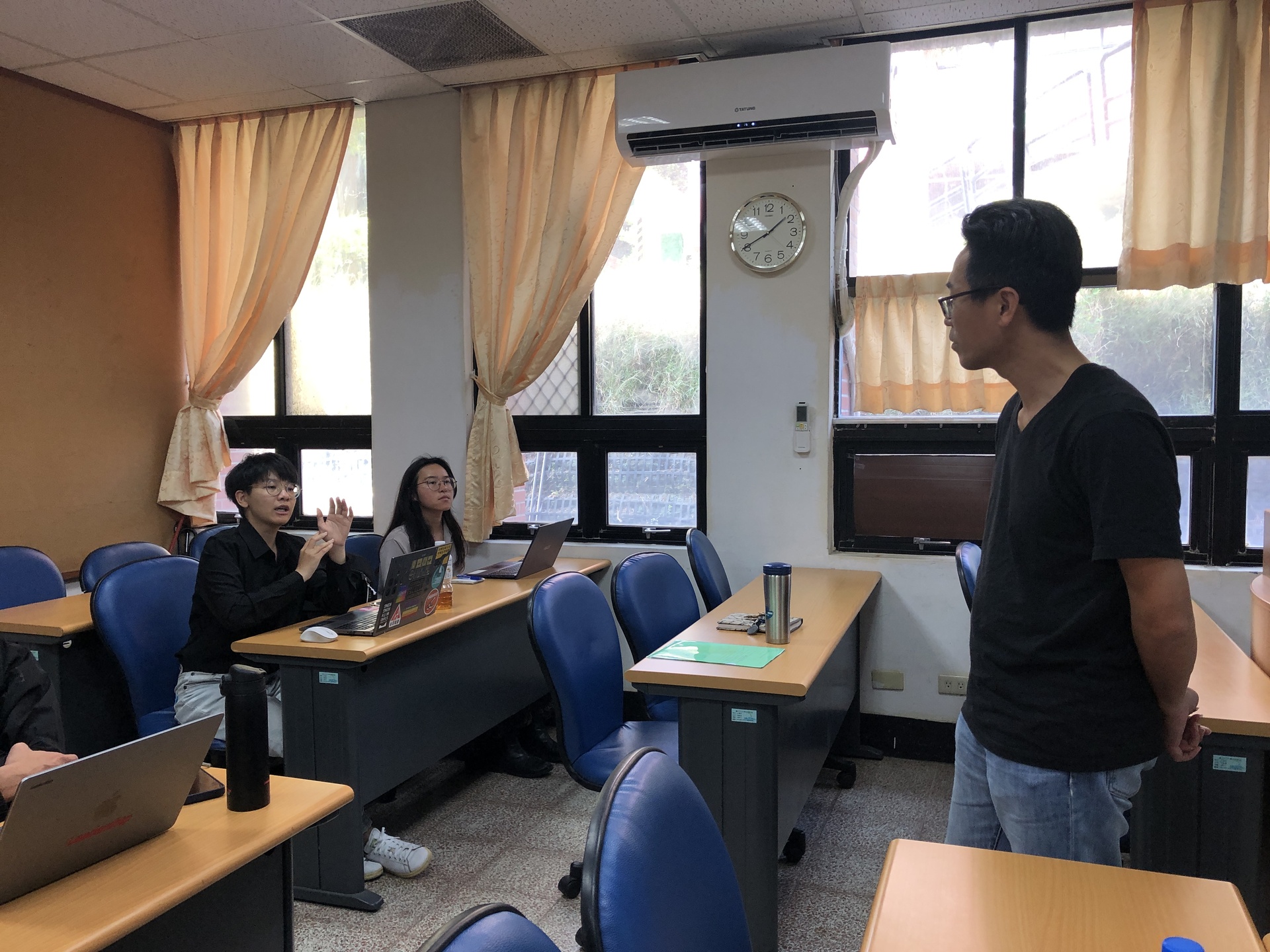
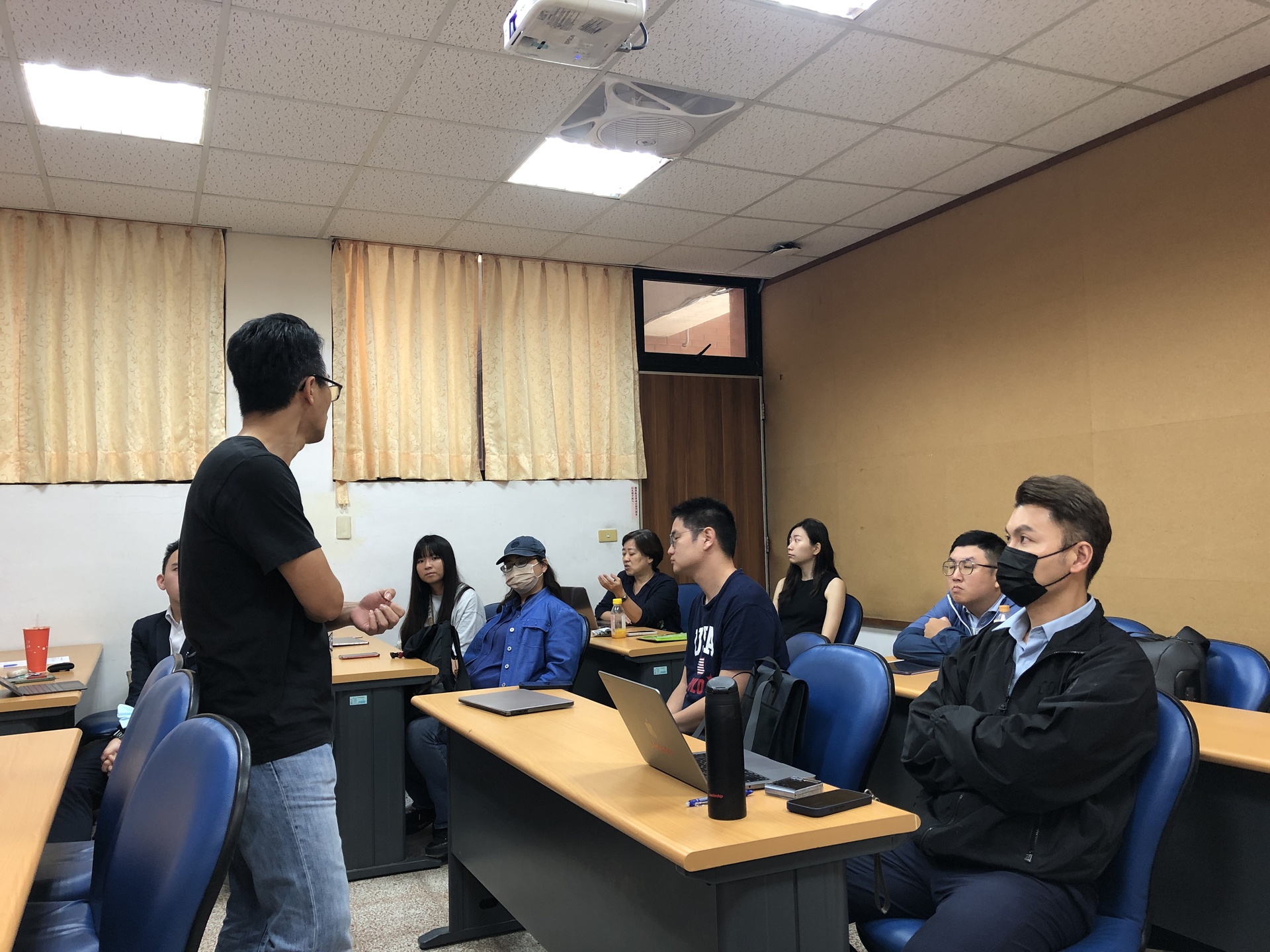
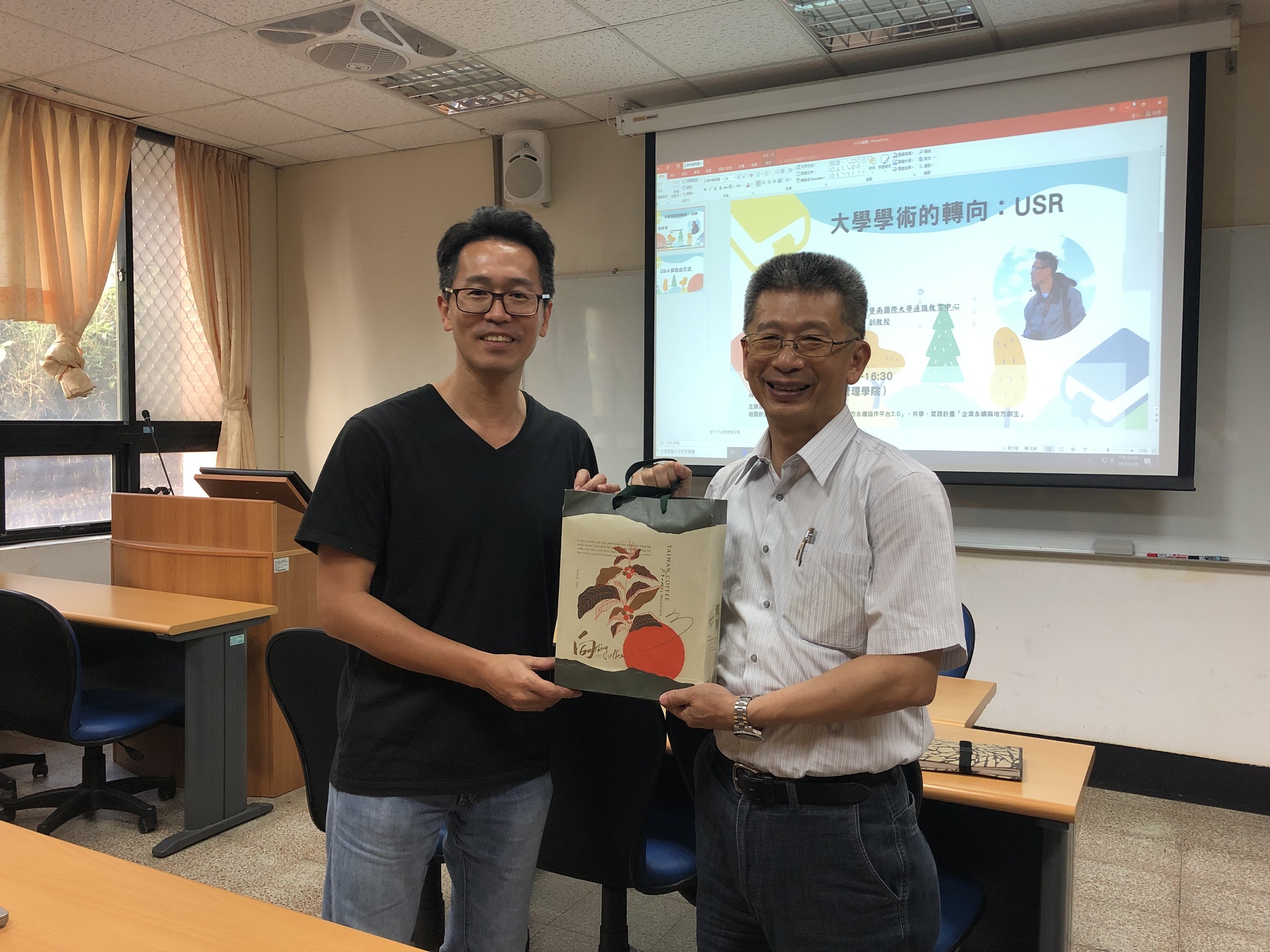

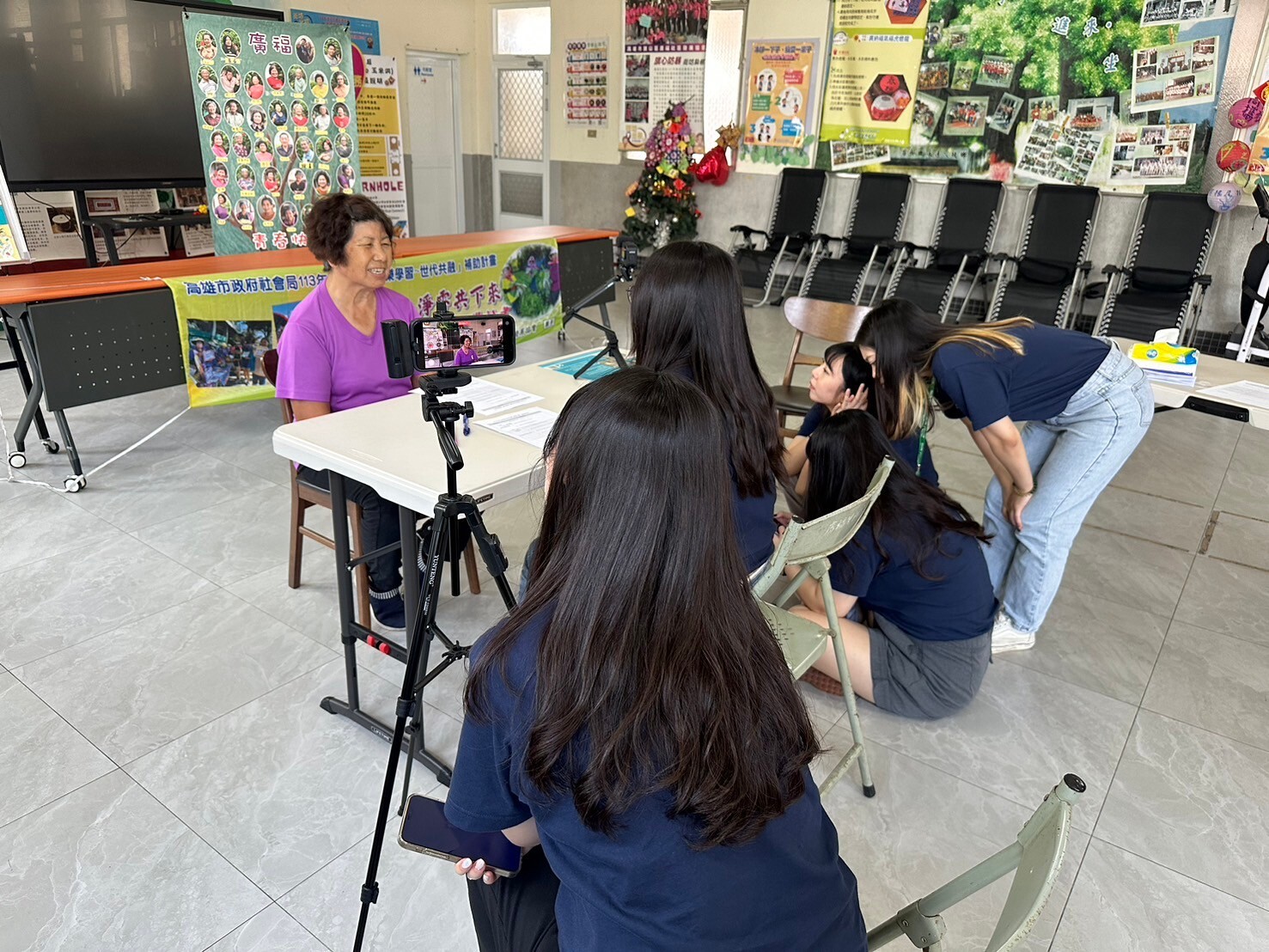
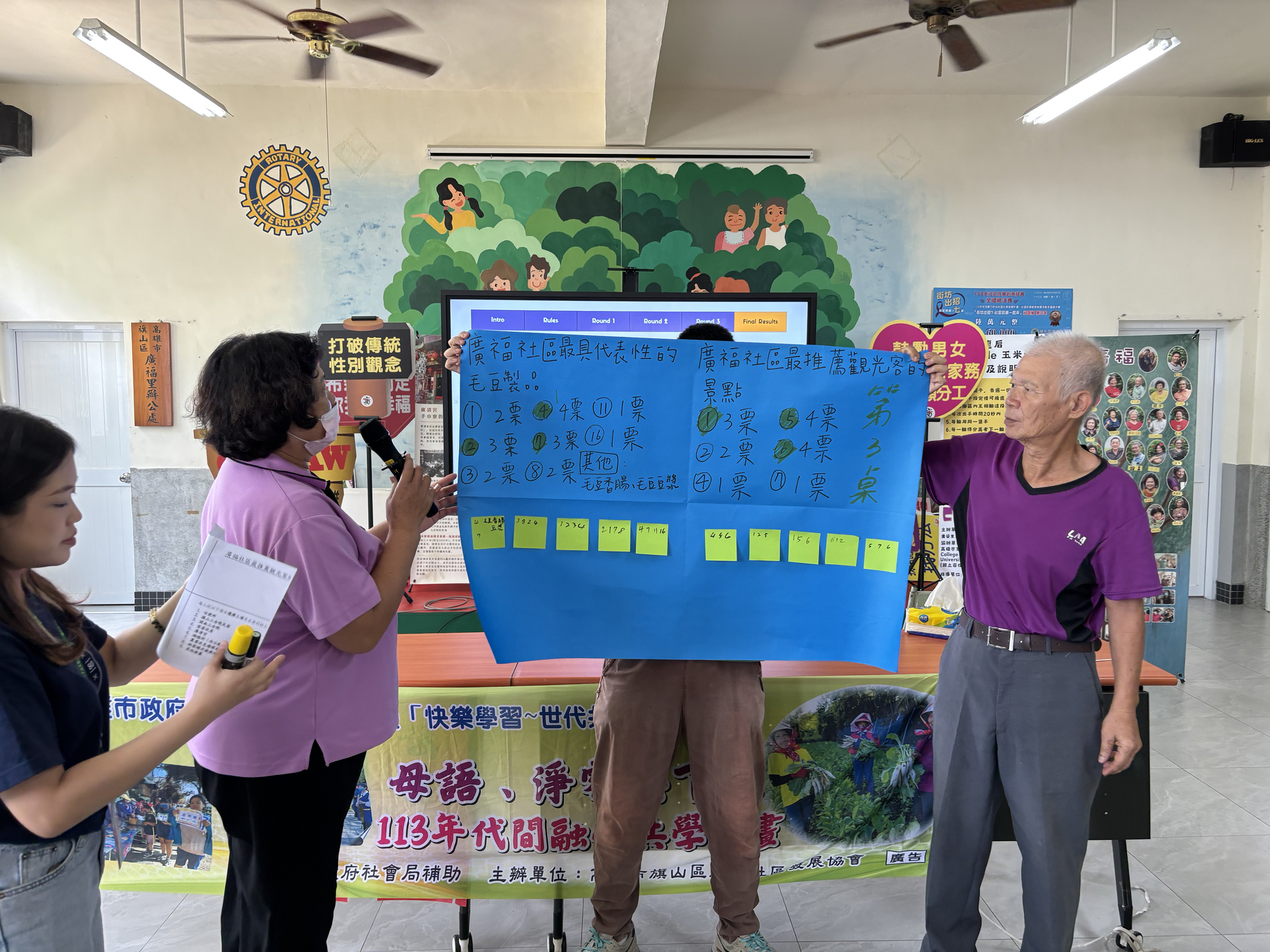
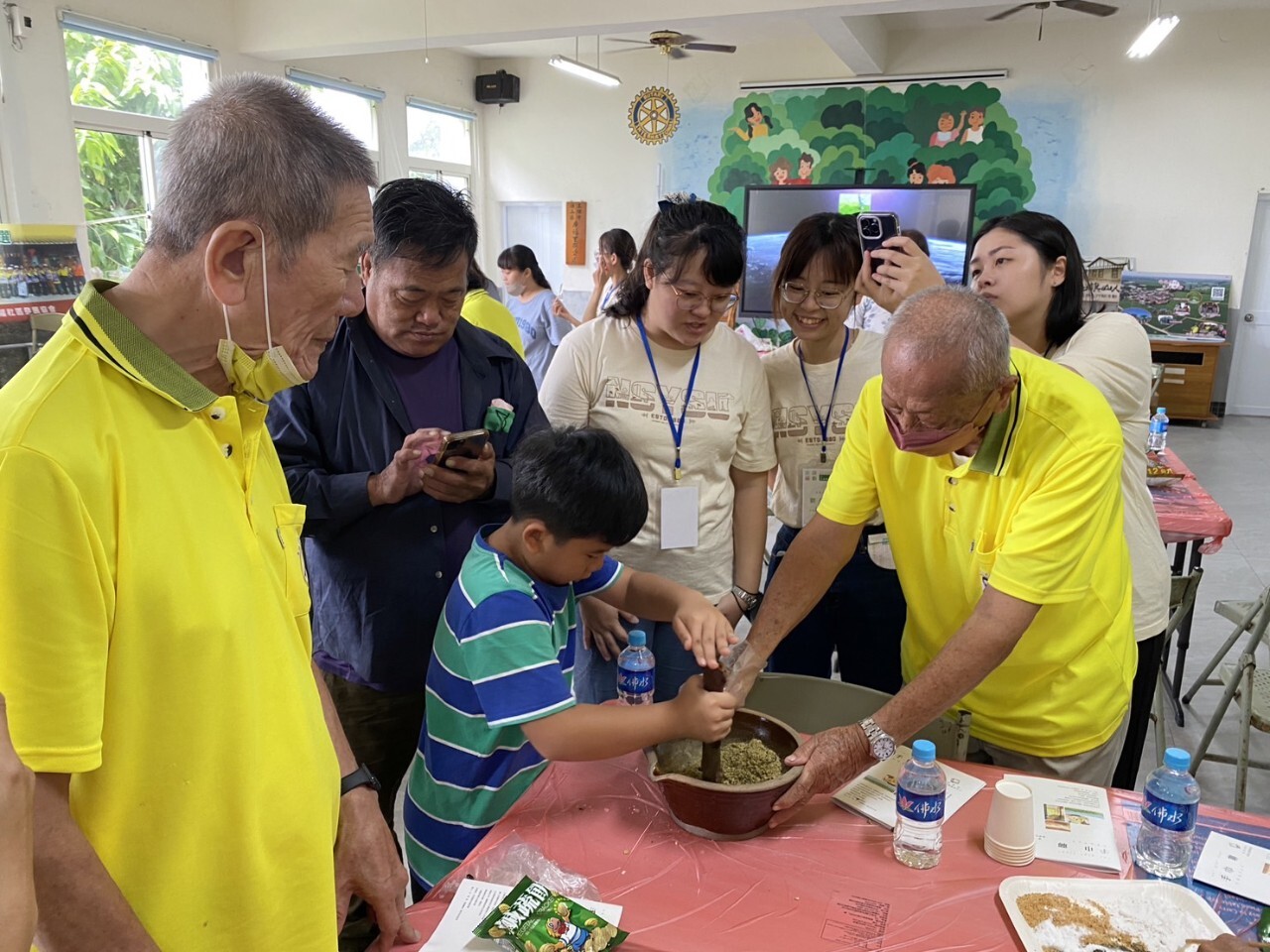
Now in its eighth year, the Ministry of Education’s University Social Responsibility (USR) program continues to encourage universities to step beyond the classroom and engage with local communities in meaningful, hands-on learning. The goal: to work side by side with local stakeholders in solving real-world challenges. But one question remains at the heart of the conversation—are these collaborations simply short-term educational exercises, or can they become long-lasting, trust-based partnerships that genuinely respond to local needs?
To explore this question, the College of Management at National Sun Yat-sen University (NSYSU) hosted Associate Professor Ming-Hao Liu, former Director of the Evaluation and Planning Division of the USR Promotion Center. In his talk, Professor Liu shared insights on how faculty and students can move beyond academic silos and engage in impactful partnerships with communities, channeling the university’s resources and vision into meaningful local change.
The event brought together participants from across NSYSU—including the College of Management, Si Wan College, and the Center for Corporate Social Responsibility—as well as community development associations and consulting firms. Stakeholders exchanged experiences and challenges, reflecting on the current limitations and future possibilities for universities to support community revitalization and talent co-development.
Yu-Ya Chiu, a Ph.D. student in Business Management, asked, “How can we motivate faculty members who aren’t initially interested in USR? How can we build a shared sense of purpose?” Professor Liu responded with practical examples, noting, “Working in real-world environments isn’t easy, nor is it about showcasing results. What matters is our ability to understand and empathize with every stakeholder involved.” He emphasized that USR isn’t just about research or teaching—it’s about designing projects that address mutual pain points, and being willing to adapt along the way to foster a more responsive learning ecosystem.
Professor Jui-Kun Kuo, director of the College of Management’s USR project, added, “Are we truly working with the community to solve problems and support local development—or are we simply using these spaces as teaching backdrops? From a USR perspective, we should be doing the former: solving problems together and serving the community.”
Speaking from the community side, Ms. Yueh-O Wang, Executive Secretary of the Luchung Temple Community in Qianzhen District, shared, “If student groups visit year after year to do the same activities, the community starts to feel fatigued. But if we sense that we’re solving real local issues together with the university, the relationship becomes something lasting.”
Professor Liu also highlighted the importance of embracing failure: not every project will succeed, and some efforts may lead nowhere. “Still,” he said, “we must carry on with conviction.” He hopes that universities can empower students to engage directly with society—gaining a grounded understanding of Taiwan’s past and present, and imagining its future. The aim, he stressed, is to nurture not just professionals for the city, but socially conscious innovators who can thrive in both global and rural contexts.
The session concluded with a lively hour-long discussion, where attendees asked questions and shared feedback from a range of perspectives. Many left with new insights and a renewed sense of purpose. Professor Liu’s recurring message—“Help others solve real problems with humility, and invite them to learn and grow together”—captured the spirit of USR as more than just a government initiative. It’s a shift in how universities define academic value and social responsibility—one that calls for collaboration, empathy, and a shared commitment to building stronger, more resilient communities.
(Article contributed by the Institute of Public Affairs Management / Edited by the CoM Media Team)


